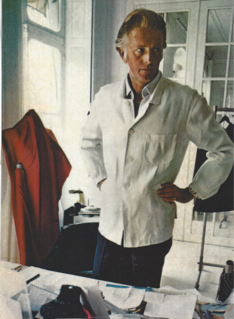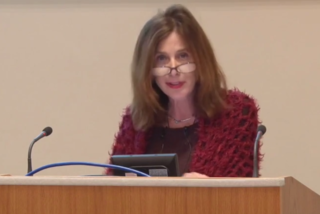A Quote by P. G. Wodehouse
...with each new book of mine I have always the feeling that this time I have picked a lemon in the garden of literature.
Related Quotes
For the judging of contemporary literature the only test is one's personal taste. If you much like a new book, you must call it literature even though you find no other soul to agree with you, and if you dislike a book you must declare that it is not literature though a million voices should shout you that you are wrong. The ultimate decision will be made by Time.
While novels are fiction, mine are usually very close to my heart. Like my other books, 'The Lemon Orchard' is inspired by something I care about. I care so deeply. The stories are my dreams, and I want to do a lot of research. Roberto is based on a real live friend of mine named Armando who worked in my garden.
The primary thing writing and basketball share is the sense that each time you go out, each time you play or begin a piece, it's a new day. You can score 40 points one game, but the next game, those points don't count. You can win the Nobel Literature Prize, but that doesn't make the next sentence of the next book appear.
All morning I struggled with the sensation of stray wisps of one world seeping through the cracks of another. Do you know the feeling when you start reading a new book before the membrane of the last one has had time to close behind you? You leave the previous book with ideas and themes -- characters even -- caught in the fibers of your clothes, and when you open the new book, they are still with you.
Completing a book, it's a little like having a baby.... There's a feeling of relief and satisfaction when you get to the end. A feeling that you have brought your family, your characters, home. Then a sort of post-natal depression and then, very quickly, the horizon of a new book. The consolation that next time I will do it better.






































